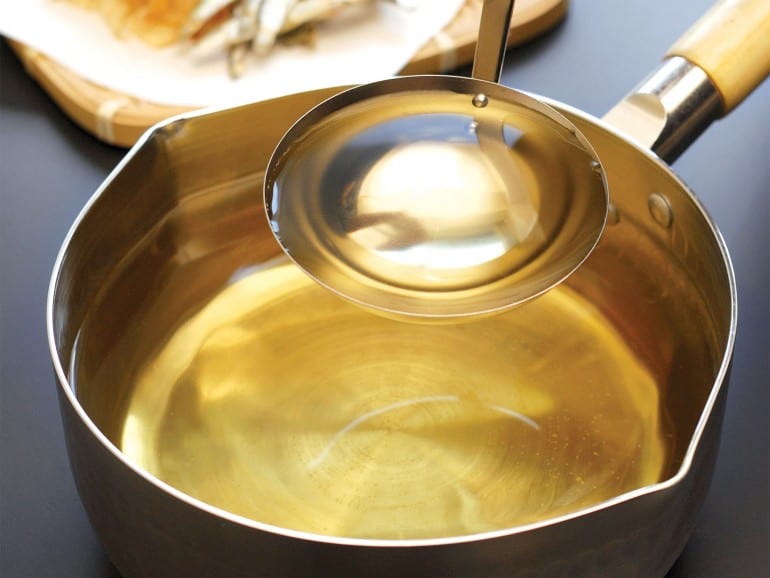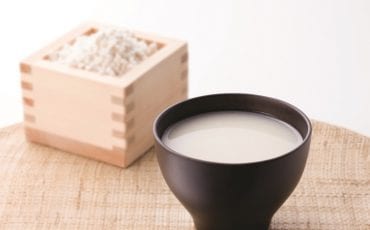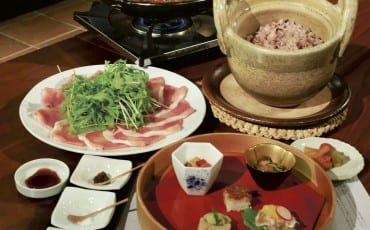Articles
Features
Apr 1, 2015
Add a Dashi of This
You can’t have a conversation about Japanese cooking without first talking about dashi – or stock – as it’s used in almost all aspects of the cuisine. Best part? All the varieties mentioned here can be prepared in under an hour!

Anyone who’s serious about learning to prepare Japanese cuisine needs to start with dashi. In a nutshell, dashi is a base stock made from kombu (sea kelp), dried fish, or both, and it is used to build flavour in anything from a simple miso soup to noodle broth, pickled vegetables and braised meats. The use of a common type of dashi – made from a combination of kombu and bonito flakes – dates as far back as the seventh century, in fact.
In the early 20th century, the unusual flavour of kombu dashi was identified by Japanese chemist Kikunae Ikeda as “umami”, or the fifth flavour. These days, instant granulated or liquid dashi is more commonly used than dashi made from scratch. However, the instant varieties owe their stronger flavours to chemical enhancers – including MSG – so if you’re after some subtler in flavour or a healthier option, it might be well worth knowing how to make dashi from scratch. The best part is that, unlike stocks made from bones, which require long simmering times, dashi can be made in under an hour.
The most basic of dashi requires only one ingredient; kombu (dried sea kelp), katsuo-buhi (bonito flakes), niboshi (dried baby sardines). Dashi made using any combination of those ingredients is known as “awase dashi” (such as combining kombu and katsuo-bushi) and you may even choose to add a more complex dimension to the stock by adding dried mushrooms.
Dashi is now even a secret ingredient in many fine-dining Western and Japanese fushion restaurants. Compared to the fatty and heavily flavoured broths used in many aspects of Western cooking, the light-bodied dashi has a milder taste that allows the taste of the other ingredients to stand out, while enhancing the overall flavour of the dish.
(Text DEnise li image 3386689 | haru • www.pixtastock.com)








